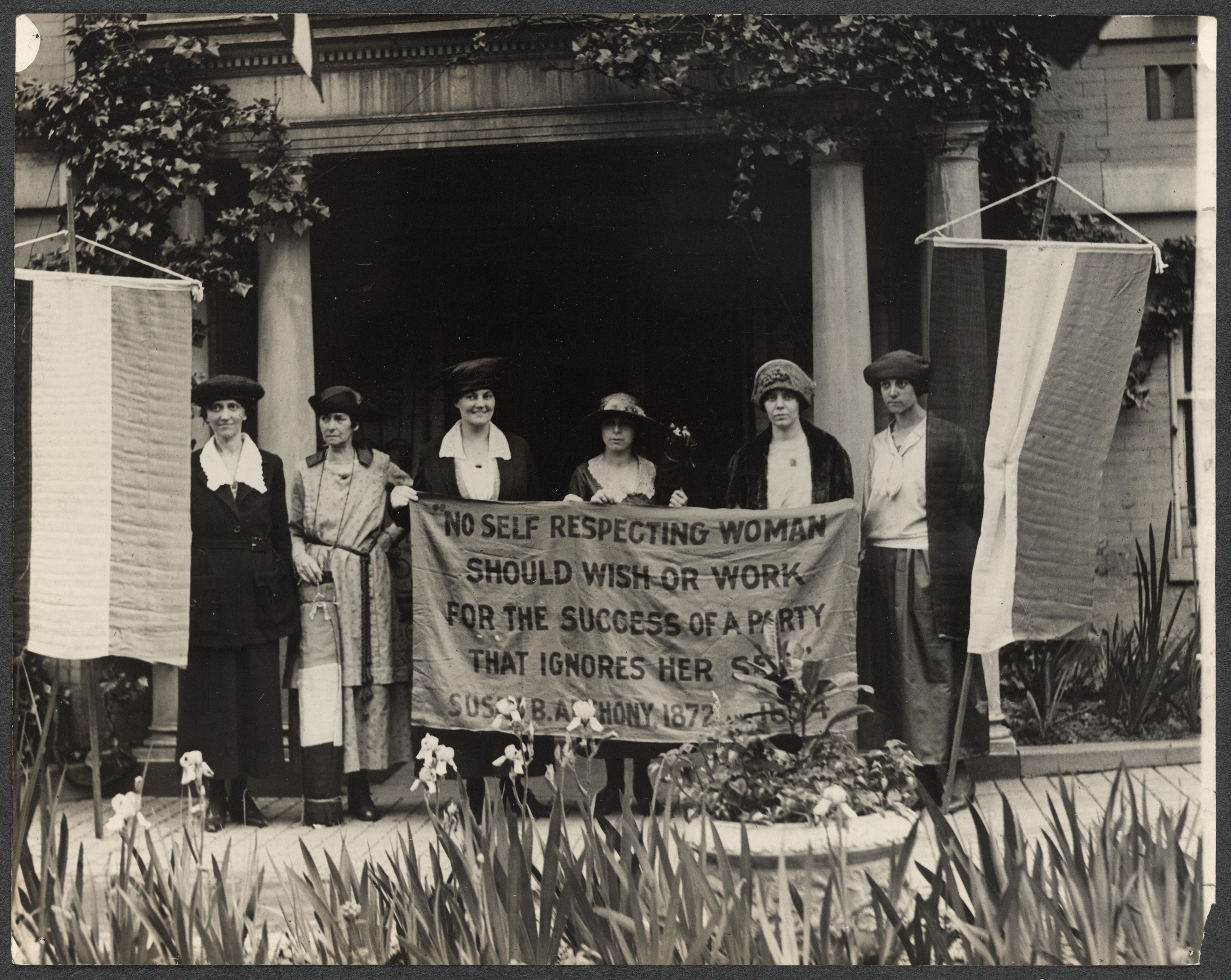Imagine that your father is an itinerant music teacher. Your family travels a lot, from Wisconsin to Alabama to Texas. When you reach adulthood, you take up your father’s profession, teaching music and school around Northeast Texas: Daingerfield, Whitewright, Campbell, Black Jack Grove. After commuting by train between Campbell and Black Jack Grove daily for simultaneous teaching gigs, you are exhausted. You figure anything has to be easier than teaching children. So you decide to go to medical school.
You head to Chicago where you attend a women’s medical college and work at the county hospital and the Illinois Eye and Ear Infirmary. You’re one of the only female med students, and you’re certainly one of the only women in the hospital who isn’t a nurse or a patient. So you find a group of smart, capable women to talk about what it’s like to work with men who are at best patronizing and at worst believe that they can use you or touch you in whatever way they see fit.
But despite your new friends, you decide you’ve had enough of the arrogance of Chicago, and you return to Texas. You are soon admitted to membership in the Dallas County Medical Association, but only after a roundtable of skeptical men asks you “why a woman, and especially a southern woman, is desirous of a professional career.” You roll your eyes internally. The question is ludicrous. You’re not married, so what is your other option? Why wouldn’t any woman want the opportunity to have a profession, should she so choose?
You smile politely and respond that you’re looking for a “wider field of usefulness,” beyond a classroom or nursery room’s walls. You see medicine as the greatest field to help women in a practical, no-nonsense way. There’s plenty of throat-clearing and some knowing chuckles, but they decide to let you in anyway. When it comes down to it, they really need someone to serve as a gynecologist in the North Texas Hospital for the Insane. No one else wants to do it.
You serve in the position for a year, then decide go back to Chicago for some post-graduate work. When you return to Dallas, you work on setting up your own practice. In your free time, you start publishing articles in medical journals with advice on caring for infants and mothers post-delivery, and stressing that women should be educated about their own physiology and health instead of relying on quack cures.
But it isn’t enough. You’ve been granted a concession to this life; others aren’t so lucky. The first step has to be a voice. A voice in making the rules, since the rules dictate the parameters of your life. So in May 1893, you organize a convention in Dallas and establish the Texas Equal Rights Association. With the help of a local (male) attorney, you draft an eight-point plan of action. You’re no hippie liberal with unshaved legs, so you make sure that Item No. 7 includes a provision for a better dress code and hygiene for the ladies. How else will you be taken seriously?
You start traveling around the state for meetings, and the national press picks up your story. Churches get mad at you because you’re not for all that female subordination propaganda. So you simplify your platform: by giving the vote to women, men will give a greater voice to their region, a more effective way to speak out against the privileged, moneyed East.
Who was this woman? Grace Danforth. She died in Granger, Texas, in 1895 at the age of 46 after taking medication for a severe headache. She didn’t make it on our list of Greatest Dallasites, but she was the first president of the Texas Equal Rights Association. Founded in Dallas in 1893, it was the first Texas suffrage organization.
Danforth understood what the right to vote was really about in a practical, legislative sense—not about the inherent rights of women, but about which party saw the women’s vote as more advantageous. At the time it was the Democrats, who wanted to counter black suffrage with the votes of white women. Not a real feel-good moment.
Texas passed its suffrage amendment on June 26, 1918. The 19th Amendment to the U.S. Constitution would be passed two years later.
Now we have a presidential candidate (Trump) whose supporters are promoting the repeal of the 19th Amendment after Nate Silver did the math and showed that, as it stands, men are overwhelmingly voting red and women are voting blue. The logic behind the repeal isn’t all that different than how the amendment was passed in the first place: add or subtract women if it helps your party. But the underlying truth is that women, and minorities, as human beings and U.S. citizens, deserve the right to vote. And to have a say about when and whether you can grab our privates.
So get over it, people. Exercise your constitutional right to vote.
#forever19






